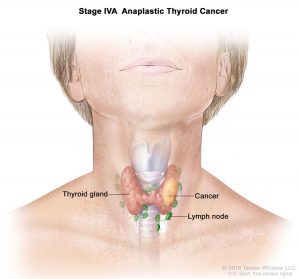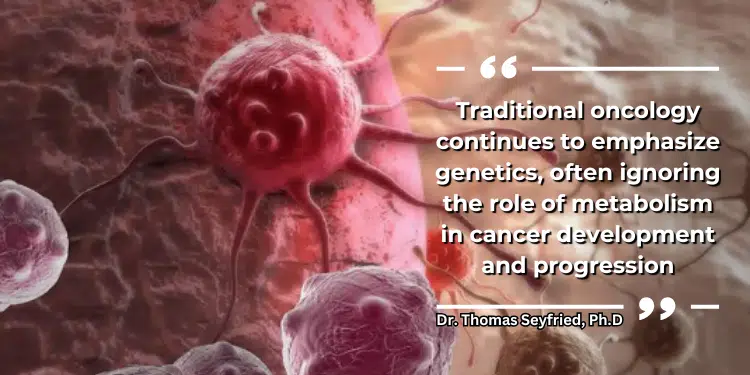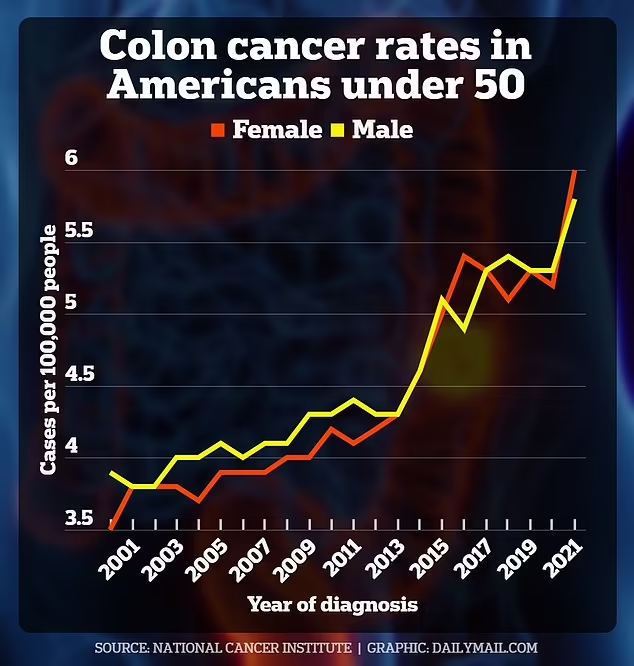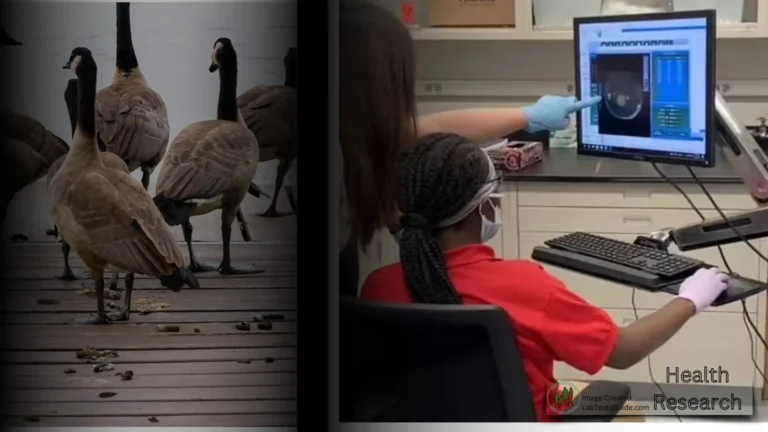One Patient’s Story When Emotional & Hormonal Symptoms Crept Up
 The thyroid is the small-but-mighty ground zero for hormone and metabolism function. One woman reflects on beating thyroid cancer – twice -as a surgeon shares encouraging data.
The thyroid is the small-but-mighty ground zero for hormone and metabolism function. One woman reflects on beating thyroid cancer – twice -as a surgeon shares encouraging data.
The thyroid is a small, butterfly-shaped gland nestled at the front of the neck just beneath the skin, and plays an essential role in the body’s overall function. It is responsible for producing and releasing hormones that regulate metabolism, energy levels, and body temperature. When the thyroid isn’t functioning well or develops cancer, it can have widespread effects on throughout the body. Continue reading

 Cancer has become one of the leading causes of death worldwide, yet there is still much confusion and controversy about its underlying causes.
Cancer has become one of the leading causes of death worldwide, yet there is still much confusion and controversy about its underlying causes.

 Medicinal herbs and their phytocompounds are being increasingly considered to be helpful in alternative cancer treatments. Many clinical studies have reported the benefits of herbal medicines on cancer patients’ survival, immune modulation, and quality of life.
Medicinal herbs and their phytocompounds are being increasingly considered to be helpful in alternative cancer treatments. Many clinical studies have reported the benefits of herbal medicines on cancer patients’ survival, immune modulation, and quality of life. A middle school student from Chicago has helped discover a surprising ingredient that could safeguard against cancer.
A middle school student from Chicago has helped discover a surprising ingredient that could safeguard against cancer. Fructose — which is added to thousands of US food and drinks — was found to speed up the growth of certain kinds of skin, breast and cervical tumors. The study showed this type of sugar gets converted by the liver into components that tumors need to build new cells and grow.
Fructose — which is added to thousands of US food and drinks — was found to speed up the growth of certain kinds of skin, breast and cervical tumors. The study showed this type of sugar gets converted by the liver into components that tumors need to build new cells and grow. ~ Introduction ~
~ Introduction ~ The diagnosis of prostate cancer relies heavily on the results of a prostate biopsy. A pathologist will analyze the biopsy and assignment a Gleason score or grade. Gleason scores reflect how likely it is that it tumor will spread. The score can vary between 2 and 10 where 2 indicates a small likelihood of spread and 10 indicates a high likelihood of spread. The oncologist will also determine the size of the tumor, if there are cancer cells in nearby lymph nodes or if there is any cancer present in distant tissues (metastasis). The choice of conventional treatment is based on PSA level, Gleason scores, and other information about the prostate tumor. Unfortunately, a negative biopsy (no disease seen) does not exclude the diagnosis of prostate cancer (i.e., a false negative result).
The diagnosis of prostate cancer relies heavily on the results of a prostate biopsy. A pathologist will analyze the biopsy and assignment a Gleason score or grade. Gleason scores reflect how likely it is that it tumor will spread. The score can vary between 2 and 10 where 2 indicates a small likelihood of spread and 10 indicates a high likelihood of spread. The oncologist will also determine the size of the tumor, if there are cancer cells in nearby lymph nodes or if there is any cancer present in distant tissues (metastasis). The choice of conventional treatment is based on PSA level, Gleason scores, and other information about the prostate tumor. Unfortunately, a negative biopsy (no disease seen) does not exclude the diagnosis of prostate cancer (i.e., a false negative result). 

 Larry Boyer was told he had just six months to live after being diagnosed with stage four pancreatic cancer.
Larry Boyer was told he had just six months to live after being diagnosed with stage four pancreatic cancer. I have believed for a long time that the American Medical Complex and the Consumer Food and Beverage Industrial Complex have little interest in the prevention of disease. It makes far better business sense to let the population eat, drink and smoke to their heart’s content and then offer seemingly high tech and expensive methods for cleaning up the aftermath. In the United States, the food industry alone generates 500 billion dollars in sales: Bacon, eggs, milk, fast food franchises, soft drinks, fried food, dead food, overcooked food, sweets, treats and canned goods.
I have believed for a long time that the American Medical Complex and the Consumer Food and Beverage Industrial Complex have little interest in the prevention of disease. It makes far better business sense to let the population eat, drink and smoke to their heart’s content and then offer seemingly high tech and expensive methods for cleaning up the aftermath. In the United States, the food industry alone generates 500 billion dollars in sales: Bacon, eggs, milk, fast food franchises, soft drinks, fried food, dead food, overcooked food, sweets, treats and canned goods. Cancer is becoming more prevalent and is also affecting more younger adults. The major risk factors for cancer include high-stress levels, depression, exposure to environmental toxins like microplastics, and unhealthy dietary habits. Traditional Chinese medicine (TCM) offers effective methods for cancer prevention and relief.
Cancer is becoming more prevalent and is also affecting more younger adults. The major risk factors for cancer include high-stress levels, depression, exposure to environmental toxins like microplastics, and unhealthy dietary habits. Traditional Chinese medicine (TCM) offers effective methods for cancer prevention and relief.